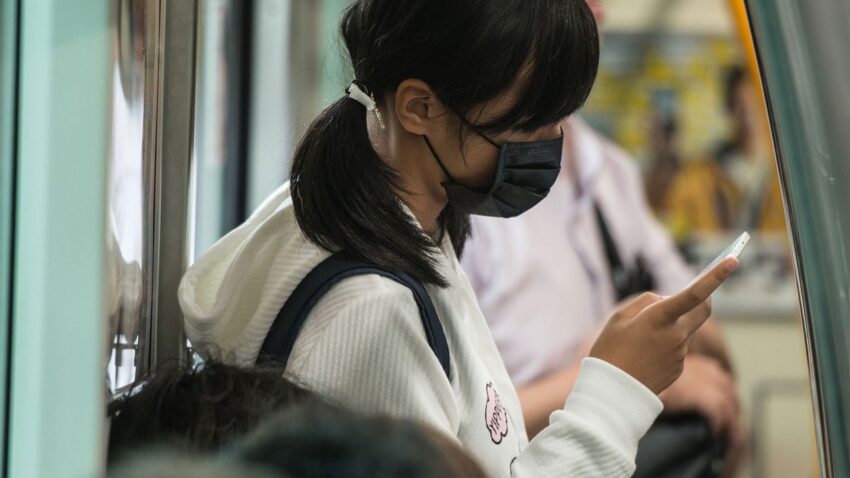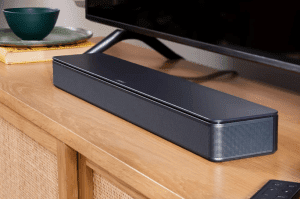
japanese city pushes two-hour daily smartphone limit to promote healthier sleep for its citizens particularly school-age children: A city in central Japan is taking significant steps to regulate smartphone usage in an effort to enhance the health and well-being of its residents, especially school-age children.
Overview of the Initiative
The initiative, proposed by the city of Kakegawa, aims to introduce a daily limit of two hours for smartphone use among its citizens. This groundbreaking proposal seeks to address rising concerns about the negative impacts of excessive screen time, particularly on sleep quality and overall health. The city is particularly focused on school-age children, who are increasingly vulnerable to the adverse effects of prolonged smartphone usage.
Background on Smartphone Usage in Japan
Japan has one of the highest smartphone penetration rates in the world, with a significant portion of the population relying on these devices for communication, entertainment, and information. While smartphones have become integral to daily life, studies have shown that excessive use can lead to a range of health issues, including sleep disturbances, anxiety, and reduced physical activity.
According to the Ministry of Internal Affairs and Communications, the average Japanese person spends over three hours a day on their smartphone. For children and adolescents, this figure can be even higher, contributing to a growing public health concern. The Kakegawa initiative is a response to these alarming trends, aiming to foster healthier habits among its young residents.
The Proposed Regulations
Kakegawa’s proposed regulations would limit smartphone usage to two hours per day for all residents, although specific guidelines are still being developed. The city plans to implement educational programs to inform residents about the potential risks associated with excessive smartphone use, particularly for children and teenagers.
Local officials have emphasized the importance of balancing technology use with other activities that promote well-being, such as physical exercise, face-to-face interactions, and adequate sleep. The initiative is designed not only to curb smartphone usage but also to encourage healthier lifestyle choices among citizens.
Focus on School-Age Children
One of the primary targets of this initiative is school-age children, who are often the most affected by excessive smartphone use. Studies have linked high screen time with various health issues in this demographic, including poor sleep quality, decreased academic performance, and increased levels of anxiety and depression.
The Kakegawa city council is working closely with local schools and parents to raise awareness about the importance of limiting screen time. They plan to incorporate discussions about smartphone usage into school curricula, aiming to equip students with the tools to manage their technology use effectively.
Community Response and Stakeholder Engagement
The proposal has sparked a wide range of reactions from the community. Some residents support the initiative, recognizing the need for healthier habits in an increasingly digital world. They believe that regulating smartphone use could lead to improved sleep quality and overall health for both children and adults.
On the other hand, some community members have expressed concerns about the practicality and enforceability of such regulations. Questions have been raised regarding how the city will monitor smartphone usage and whether such measures could infringe on personal freedoms. Additionally, parents worry about how to enforce these limits at home, especially when children may resist such restrictions.
Local businesses, particularly those in the technology sector, have also weighed in on the proposal. Some business owners fear that limiting smartphone usage could negatively impact sales, as many people rely on their devices for shopping and entertainment. Others argue that the health benefits of reduced screen time may ultimately lead to a healthier community, which could be beneficial for businesses in the long run.
Implications for Public Health
The initiative in Kakegawa could serve as a model for other cities grappling with similar public health challenges. If successful, it may inspire additional regulations aimed at promoting healthier lifestyles in an era dominated by technology. Public health experts have noted that addressing screen time is a critical component of improving overall well-being, particularly for younger generations.
Research has consistently shown that excessive screen time can lead to sleep disorders, which are linked to various physical and mental health issues. By limiting smartphone usage, Kakegawa aims to mitigate these risks, potentially leading to improved sleep patterns and overall health outcomes for its residents.
Potential Challenges and Considerations
While the initiative has noble intentions, it also faces several challenges that could impact its effectiveness. One major concern is the need for comprehensive public education about the importance of balanced technology use. Without proper understanding and support from the community, the regulations may not achieve their intended goals.
Furthermore, the city will need to navigate the complexities of monitoring and enforcing these limits. Questions surrounding privacy, personal freedom, and the role of technology in daily life will need to be addressed to ensure that the initiative is both effective and acceptable to residents.
Additionally, there is the challenge of addressing the broader societal factors that contribute to excessive smartphone use. For many individuals, smartphones serve as a primary source of information, connection, and entertainment. Any initiative that seeks to limit their use must also provide viable alternatives that fulfill these needs.
The Future of the Initiative
As Kakegawa moves forward with its proposal, the city plans to gather feedback from residents and stakeholders to refine the initiative. Public forums and discussions are expected to play a crucial role in shaping the final regulations. The city council is committed to transparency and community involvement, recognizing that buy-in from residents will be essential for the initiative’s success.
In the coming months, the city will likely conduct pilot programs to assess the impact of the proposed regulations on smartphone usage and overall health. These pilot programs will provide valuable data that can inform future decisions and adjustments to the initiative.
Conclusion
Kakegawa’s initiative to limit smartphone usage represents a proactive approach to addressing the growing public health concerns associated with excessive screen time. By focusing on school-age children and engaging the community, the city aims to foster healthier habits that could benefit its residents for years to come. As the initiative progresses, it will be essential to monitor its impact and adapt strategies as necessary to ensure the well-being of all citizens.
Source: Original reporting
Was this helpful?
Last Modified: August 26, 2025 at 12:47 pm
1 views















